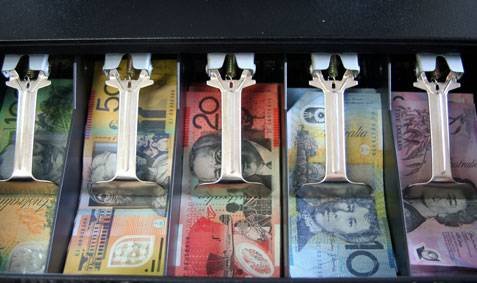Australia’s inflation slowed down in the fourth quarter, surprising analysts and shifting expectations about the future of the Australian economy. The latest data shows that consumer prices have moderated, a notable contrast to the rapid increases experienced earlier in the year. This cooling in inflation could have a profound impact not only on Australia’s domestic economy but also on global markets, including the trade and investment landscape in countries like Nigeria.
The slowdown in inflation suggests that the rapid price hikes that have burdened Australian consumers and businesses may be coming to an end, providing some relief for households and consumers. For Nigerian businesses engaged in trade with Australia, this could present an opportunity to access Australian goods at more competitive prices. As inflation eases, the cost of imports such as agricultural products, mining equipment, and technology from Australia may stabilize, benefiting Nigerian businesses involved in these industries.
However, the reduced inflationary pressures may signal a broader cooling of the Australian economy. While lower inflation can lead to more affordable consumer goods, it may also reflect weaker demand and slower economic growth. If the Reserve Bank of Australia (RBA) sees these signs of cooling as a reason to maintain or even cut interest rates, the Australian dollar could experience further depreciation. This would impact global investors, including those with stakes in Australian markets, as the weaker currency could erode the value of their investments.
In the global financial landscape, the Australian dollar’s performance and the economic signals from Australia can have far-reaching effects, especially for emerging markets. For Nigerian investors, this slowdown in inflation may present opportunities in Australian assets if the Australian dollar becomes more affordable. However, the overall economic uncertainty in Australia could also indicate a need for caution in making new investments, especially in sectors that rely heavily on Australian exports or the strength of the currency.
The ongoing shifts in Australia’s inflation and its economic outlook will need to be closely monitored by global traders, including those in Nigeria, as these changes can ripple through the international markets. Nigerian businesses and investors should stay alert to how these developments may affect their operations, investment portfolios, and overall market strategies in the coming months.







Leave feedback about this